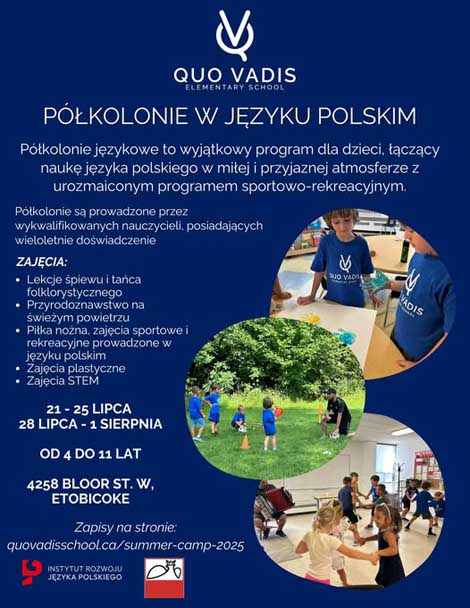What is ChatGPT?
ChatGPT is a chatbot software operated by the OpenAI company. “GPT” stands for Generative Pretraining Transformer.
“Generative” – it can create or generate new things. It can generate text or words to answer questions, write stories, and have conversations.
“Pretrained” – it learned from a large amount of text before it starts a specific task. It is as if a person has read a library of books before providing an answer or completing a task.
“Transformer” – is a type of machine learning model, which is another way of saying it’s a way that computers can learn things. Transformers are particularly good at understanding language structure and how words relate to each other in a sentence.
How does ChatGPT work?
ChatGPT is like a robot that has read millions of books, articles, and websites from 1990 until September 2021. It uses a “model,” like a human’s memory, to generate conversation-style responses, making it capable of having seemingly meaningful and informative conversations. However, this data comes from a wide range of internet sources and doesn’t have access to specific documents or proprietary databases, so it can’t access sensitive or classified information.
How do you use ChatGPT?
ChatGPT is as simple to use as any website, plugin, or app. You can access the ChatGPT website or download the plugin on Chrome called WebChatGPT Chrome. You can also access ChatGPT via the ChatGPT iOS app if you use an iPhone, with Android support to follow. It is also accessible through third-party apps that rely on it via an API or application programming interface. It has also been directly incorporated into Microsoft Bing search with some “guardrails” in place to refine and constrain its resulting output.
Why is ChatGPT Important for Business?
ChatGPT can be a significant asset for business because it can make the way we do certain tasks more efficient, and profit margins will likely increase.
This type of language model can answer questions and assist you with tasks that include:
- Generating email templates
- Language translation
- Creating presentations
- Idea generation and brainstorming
- Generating reports and summaries
- Content creation – i.e., blog posts, articles, social media posts, promotional marketing materials tailored to the target audience;
- Employee training – i.e., creation of onboarding materials
- Human resources – ie. Creation of interview questions
The above is a non-exhaustive list of what ChatGPT can do for business. It should be noted that the quality and relevance of these responses may vary based on the specificity and context of the prompts given. Although this technology is in its early stages, as it gains popularity and the public becomes more comfortable using it, it may prove promising for the future of business.
The Impact of ChatGPT and the Law
Often, the layperson does not know their legal rights or if they even need legal advice. Since ChatGPT can generate answers, as it has been trained in a vast amount of data, it can be a helpful starting point when seeking legal information. However, ChatGPT will only provide responses based on the information provided, and the layperson likely needs to know what questions and prompts to ask ChatGPT. In this case, speaking directly with a lawyer is more beneficial.
ChatGPT can also increase access to justice by providing information to those who cannot afford private legal counsel. It could assist in providing some information to prepare legal documents.
ChatGPT cannot provide legal advice. It’s important to remember that it is not a replacement for a professional lawyer and that any legal information it provides should be confirmed with a legal expert. The AI model cannot understand or reliably apply ethical guidelines.
Although helpful in its responses, ChatGPT cannot be compared with a human lawyer because ChatGPT needs more legal expertise, experience, and judgment that lawyers possess.
ChatGPT can lead to incomplete or flawed advice, as it may need to fully grasp legal matters’ context, intricacies, or implications. That being said, lawyers have the knowledge base and experience needed to review the responses produced by ChatGPT. Combining lawyers’ valuable knowledge and experience with the features found in ChatGPT, lawyers can conduct legal research and analysis much more efficiently, improving the quality of their legal work. Just as lawyers must research to provide clients with the best and most up-to-date legal advice, ChatGPT is another research tool in their pocket.
Further, although ChatGPT can be very helpful, direct human engagement is necessary for providing personalized legal advice. A strong solicitor-client relationship is essential for effective communication, empathy, and understanding, especially when it comes to sensitive legal matters.
Privacy and Confidentiality
Most importantly, a lawyer has ethical obligations to their client, which include maintaining client confidentiality and acting in their best interests. Before using the software, lawyers must ensure that their client information cannot be transmitted by using the software and should familiarize themselves with ChatGPT’s Privacy Policy and Terms of Use.
As of its most recent update in May of 2023, OpenAI only stores personal data entered into ChatGPT for up to 30 days, and it doesn’t use this data to improve its models. However, users should always refer to the most recent privacy policy and terms of use for accurate information and avoid sharing confidential or proprietary information through such a site.
At Malicki Sanchez, we are committed to using the most up-to-date technology to provide the best legal services. If you are drafting a contract or exploring legal issues, getting legal counsel is essential. One of our lawyers will be able to assist you.
by Jessica Pliszka



























































